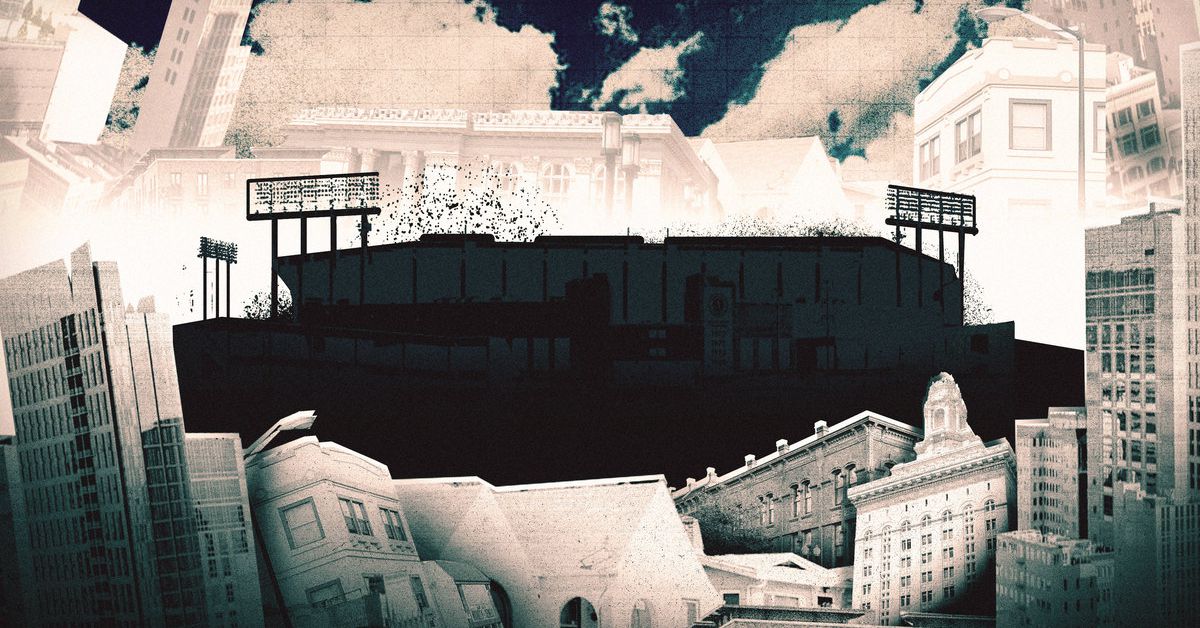Core Concepts
Pro sports teams play a crucial role in shaping a city's identity and fostering community pride, but the financial implications of retaining them can be complex and contentious.
Abstract
The departure of pro sports teams from Oakland has left the city grappling with the loss of community partnerships, economic benefits, and cultural identity. The history of Oakland's sports teams reflects their significant impact on the city's spirit and sense of pride. While there are hopes that a new stadium could revitalize the economy and restore Oakland's reputation as a major league city, concerns about public funding and past experiences with stadium deals raise questions about the potential risks involved.
What Do Cities Lose When They Lose Pro Sports?
Stats
Three years after the Raiders left for Vegas and four years after the Warriors moved to San Francisco, Oakland lost its final major pro team.
The A’s threatened to relocate unless the city council approved a $12 billion stadium district project.
Fisher committed to privately finance the stadium construction but required public funding for infrastructure improvements.
Team owners across the country have used threats of relocation to secure public funds for stadiums since 1984.
The A’s stadium project promises $7 billion in economic impact, 6,000 permanent jobs, and 3,000 construction jobs.
Quotes
"Team owners are well aware of the power they have and try to leverage it however they can." - Marcel Louis-Jacques
"If baseball was taken away from me, it would be like losing a loved one." - Bryan Johansen
Key Insights Distilled From
by Dan Moore at www.theringer.com 04-04-2022
https://www.theringer.com/mlb/2022/4/4/23003293/oakland-athletics-coliseum-sports-town-negotiations
Deeper Inquiries
Why do struggling cities continue to fund new stadiums despite potential risks?
Struggling cities often feel pressured to fund new stadiums for professional sports teams due to a variety of reasons. One key factor is the emotional attachment and identity that fans have with their teams, which can lead to political pressure on city leaders to keep the team in town. The fear of losing a major pro sports team can create a sense of urgency and desperation among local officials who may see the team as an essential part of the city's cultural fabric. Additionally, there is often a belief that investing in sports facilities will bring economic benefits such as job creation, increased tourism, and revitalization of surrounding areas.
However, these decisions are not without risks. Stadium projects are expensive undertakings that require significant public funding, which can strain already tight budgets in struggling cities. There is also no guarantee that the promised economic benefits will materialize or outweigh the costs incurred by taxpayers. Despite these risks, cities may still choose to fund stadium projects in hopes of reaping long-term rewards and maintaining their status as major league cities.
How can cities ensure that stadium projects benefit both teams and communities without burdening taxpayers?
To ensure that stadium projects benefit both professional sports teams and communities without burdening taxpayers, cities must approach negotiations with caution and prioritize transparency and accountability throughout the process. One crucial step is creating detailed agreements between the city and team owners that clearly outline each party's responsibilities, financial contributions, revenue-sharing arrangements, and community benefits packages.
Cities should also conduct thorough cost-benefit analyses to assess the potential economic impact of a new stadium project accurately. This analysis should consider factors such as job creation, increased tax revenues, infrastructure improvements, and neighborhood revitalization efforts. By understanding the full scope of costs and benefits associated with a stadium project upfront, cities can make informed decisions about whether or not to proceed.
Furthermore, involving community stakeholders in the planning process is essential for ensuring that stadium projects align with local needs and priorities. Community input can help shape development plans that address issues like affordable housing, transportation access,
and environmental sustainability while maximizing positive outcomes for residents.
By negotiating fair deals with team owners based on comprehensive assessments of costs
and benefits—while actively engaging with community members throughout
the decision-making process—cities can strike a balance between supporting pro sports
teams' interests while safeguarding taxpayer resources.
What role do pro sports teams play in shaping a city's cultural identity beyond just entertainment?
Professional sports teams play a significant role in shaping a city's cultural identity by serving as symbols of civic pride,
unity,and resilience.These teams provide opportunities for communal bonding across diverse populations,serving as common ground where residents from all walks
of life come together around shared passions.
Moreover,sports franchises become woven into urban narratives,presenting stories rich with triumphs,tragedies,and moments
of collective joy.These narratives contribute significantlyto how outsiders perceivea cityand its inhabitants.
In additionto fostering connections within communities,sports organizationsoften engagein philanthropic activities,collaboratingwithlocal nonprofitsandsupportinginitiativesfocusedon socialjustice,economicdevelopment,andyouthempowerment.Thisengagementhelpsto strengthen tiesbetweenprosportsentitiesandthecommunities theyserve,bolsteringtheirroleasstewards ofsocietalwell-being.
Beyond mereentertainment,sportsteamsbecomecultural touchstonesaroundwhichmemoriesareformed,familytraditionsareestablished,andintergenerationalbondsarenurtured.Theirimpactextendsfarbeyondthestadiumwalls,intotheveryfabricofcitylife,influencingeverythingfrombusinessesandeconomictrends totourismandurbanplanning.Pro sportsteamsaresimultaneouslyreflectiveofacity’svalues,hopes,dreams,andchallenges,makingthemintegralcomponentsofitscollectiveidentityandreinforcingthesenseofbelongingequallyamonglongtime residents,newcomers,youngpeople,andelders alike
0
